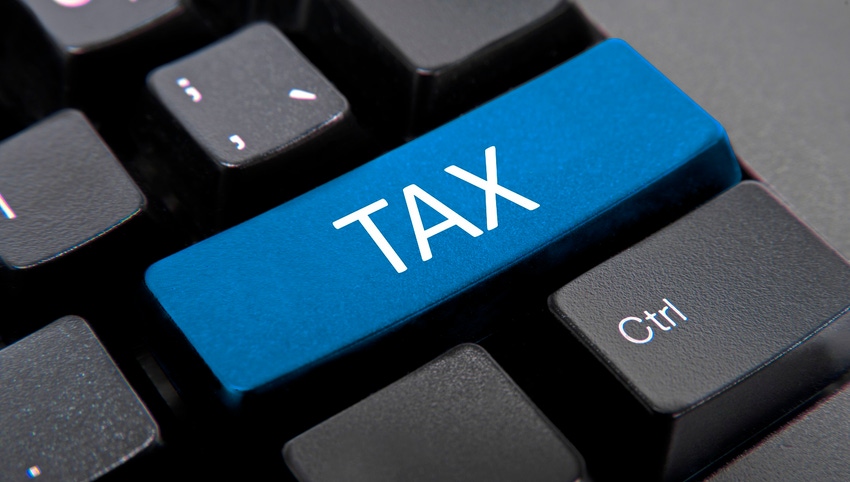
If you choose to use one of the small-business loans to keep employees onboard during the COVID-19 pandemic, be aware there has not been a tax ruling from the IRS at this point.
I saw a notice to this effect last week on a social media post from Glenn Chitwood, a CPA and rancher from Wichita Falls, Texas. I’m usually quick to raise issues about taxable income because taxes can be one of our largest business expenses. Therefore, I contacted Chitwood and asked if I could share his post. He agreed.
“This is just my opinion, as any guidance has not yet been officially released,” Chitwood said. “The government has responded to the small business crisis by having two loan programs with one of them having a ‘forgiveness’ option if the funds are used for specified expenses (mainly payroll) during these few months of the pandemic.
“A loan that will be forgiven is nice but my warning thought on this is that I don't want people to be blindsided by the fact that these amounts forgiven will ‘likely’ have to be shown as income in the year received. and income tax due on them. Under current law cancelled debt is considered income and I have seen nothing in the news or releases that this will be different.
“While these forgivable loans are still a great deal, ultimately they probably won't be 100% free. A quick example: Assume you get a $100,000 payroll protection loan, use the money properly and keep employees and pay them during the pandemic and the government forgives this loan. The good news is you got $100,000 and don't have to repay but my opinion is you will receive a 1099-C for cancellation of debt, and the $100,000 will be included as income on your 2020 tax return, assuming you are in the 15% tax bracket. Ceteris paribus (all other things being equal) this would add $15,000 to your 2020 tax liability or, again depending on your individual circumstances, reduce refunds by this amount.”
If you use this loan program, hold back enough to pay those taxes until you hear otherwise.
About the Author(s)
You May Also Like




